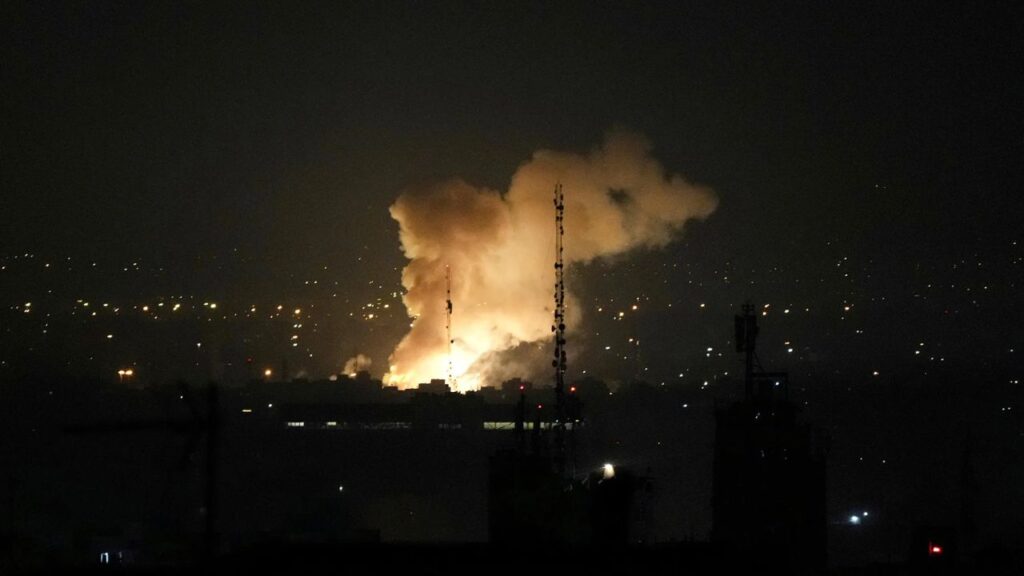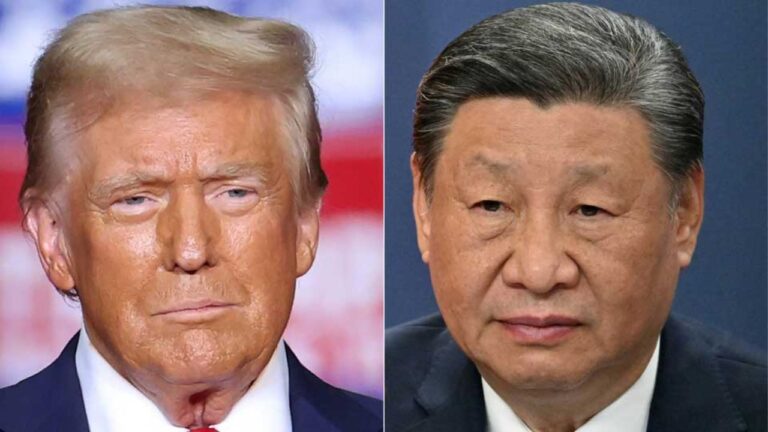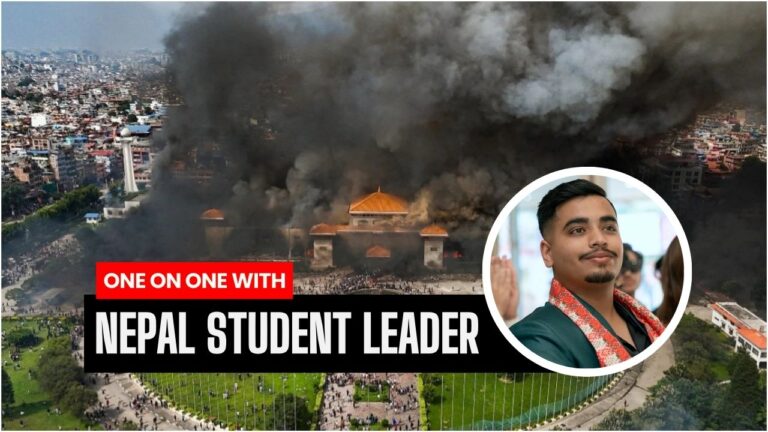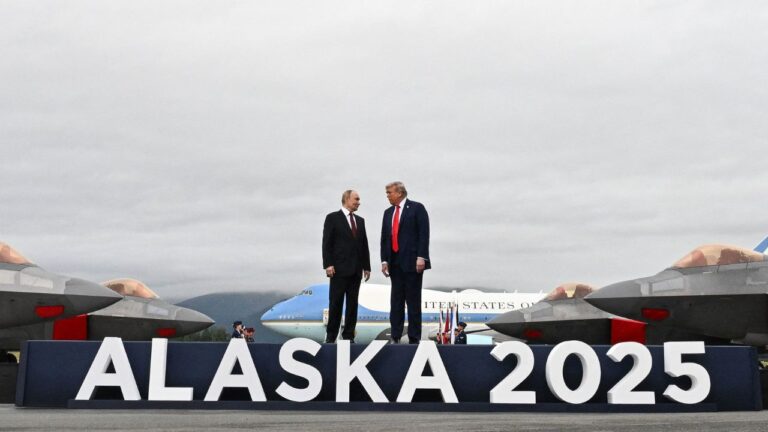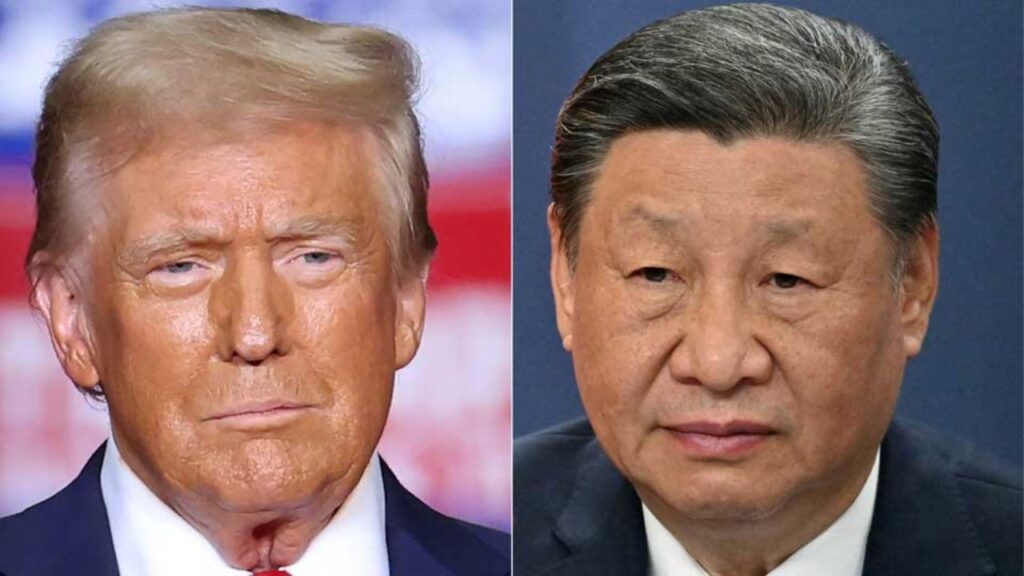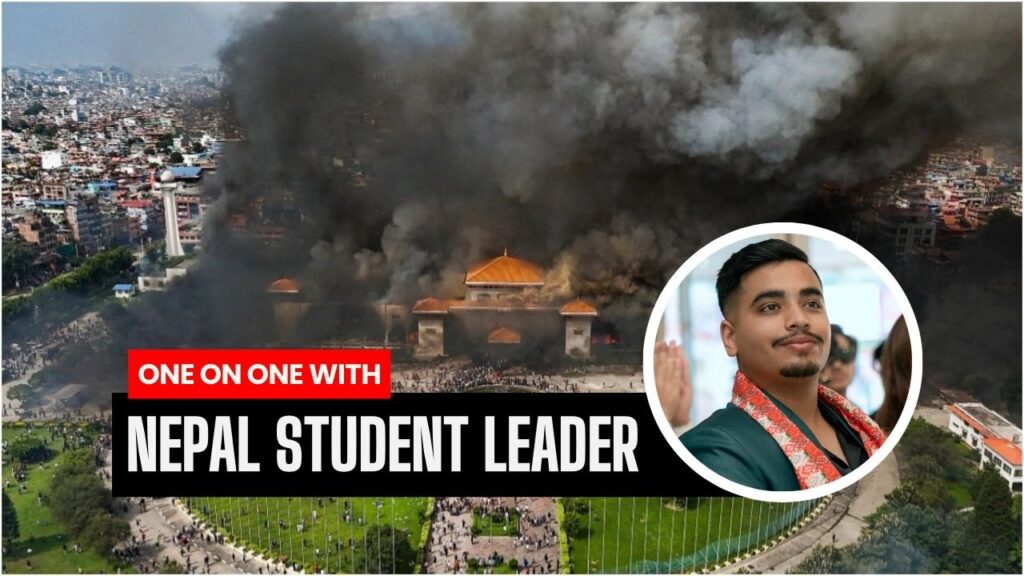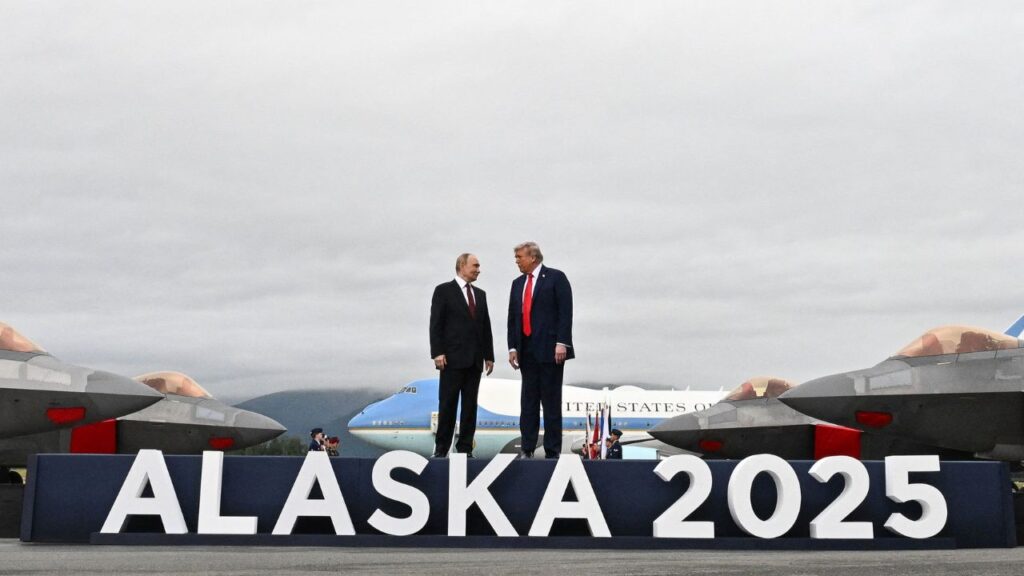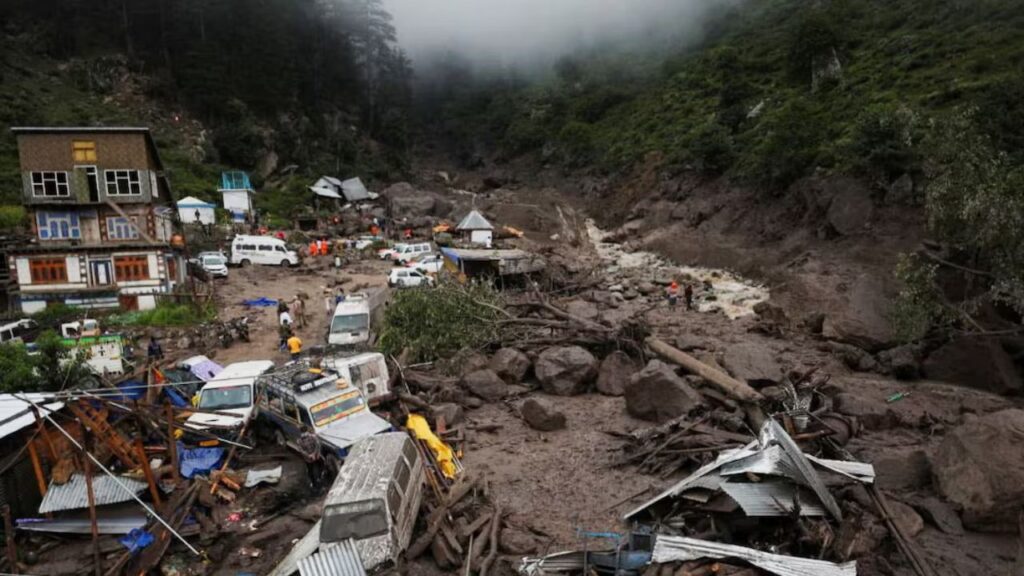In one of the most significant escalations in recent years, Israel launched a direct military attack on Iran early Friday, striking around 100 high-value targets across the country, including nuclear facilities, ballistic missile sites, and residences of top military officials.
According to Iranian media and international observers, the strikes resulted in the deaths of several senior figures, including the chief of Iran’s armed forces and multiple nuclear scientists. This marks the most severe military blow to the Islamic Republic since the 1979 revolution.
The Israeli government has not officially commented on the scope of the operation, but military analysts say the targets suggest an effort to seriously impair Iran’s nuclear capabilities.
Israel has long accused Iran of developing nuclear weapons under the guise of a civilian programme and has repeatedly opposed international agreements, including the 2015 nuclear deal. The Israeli military has conducted covert operations in the past, including the assassination of senior Iranian nuclear scientist Mohsen Fakhrizadeh in 2020 and a strike on the Iranian consulate in Damascus in April 2024.
The latest attack follows growing tensions in the region, particularly after the fall of Syrian President Bashar al-Assad in late 2024, a key Iranian ally. Israeli operations against Hamas in Gaza and Hezbollah in Lebanon had already weakened Iran’s regional alliances in recent months.
In October 2024, Israel also reportedly destroyed multiple Iranian missile defence systems in an earlier raid, which left Tehran’s nuclear infrastructure more vulnerable to future strikes.
The United States denied involvement in the June 13 operation. However, the timing and scale of the attack have raised questions about prior coordination between the two allies. President Donald Trump, who returned to the White House earlier this year, had reportedly paused a similar Israeli plan in May to allow space for diplomacy.
Following Friday’s attack, Trump stated on his social media platform that Iran had been given “chance after chance” to negotiate and warned that “the next round of attacks are already planned” unless Tehran agrees to a new U.S.-proposed nuclear deal. He also said he did not seek war but indicated that further strikes “might happen.”
Iran is now faced with limited and difficult choices. Accepting a U.S.-led deal to dismantle its nuclear programme could carry domestic political costs, while any retaliatory action could provoke further Israeli strikes and risk a broader regional conflict.
Steve Witkoff, the U.S. envoy to the Middle East, said American negotiators are still open to talks and are scheduled to meet Iranian representatives in Muscat on Sunday.
The international community has called for restraint amid concerns that the situation could spiral into a larger war affecting the entire West Asian region. In the high-stakes chessboard of West Asia, one wrong move now could redraw the entire map.

